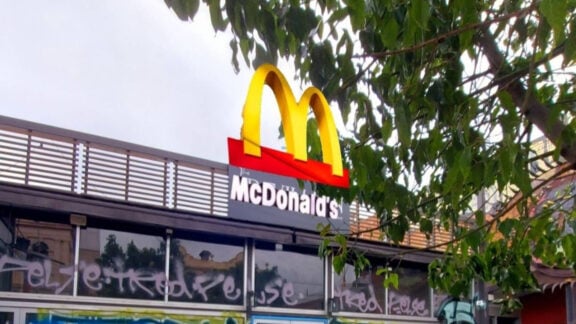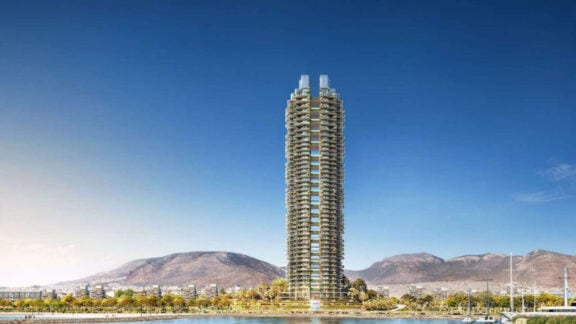In the highly concentrated media world of Australia, the great divide between the centre right and the centre left in the country is defined by the Murdoch run News Corp. With an estimated media market reach of over 60 per cent nationwide, the influence of the Murdoch media on the right of centre spectrum of Australian politics is immense.
On the one hand you have the Murdoch tabloids that ‘lead’ the popular press and heavily influence popular attitudes on various social, economic and political issues. While on the other hand, you have the Murdoch national broadsheet The Australian, a media outlet that defines on behalf of the government public policy, or even worse, attempts to lead the Abbott government to the Murdoch world view in relation to various serious public policy options or ideological roads.
At the heart of the centre and centre left, left of the information and ideological divide in Australia, we have the national broadcasters, the ABC and SBS, the financially troubled Fairfax dailies in Sydney, Melbourne and Canberra, the online edition of The Guardian, various smaller private efforts such as the online review crikey.com.au, and a few other monthly magazines.
This ideological, philosophical, political and media split is what to a very large extent defines the battlelines on almost every public issue in this land.
This is why the Abbott government is wishing to run an ‘efficiency’ review of the ABC and on SBS, mostly on the ABC, the most influential, the most trusted news medium according to surveys and the most popular ideological ‘opponent’ of the government. Readers of The Australian or of the Herald Sun were expecting this development well in advance, since it was pre-announced again and again by the Murdoch controlled media.
The ‘Un-Australian’ way, according to the prime minister – the ABC is covering the issue of asylum seekers, the behaviour of Australian Navy personnel and Australia’s spying on the leadership of Indonesia – is only a pretext in order for the government to launch a political offensive on the ABC. An offensive aimed at scaring off and discrediting the national broadcaster, its people, its supporters, and its audiences. This attack aims to limit the scope of the ABC’s alternative view of Australian politics and news, but it also aims to cut down its budget.
Without the obstacle of the national broadcaster, that is, by scaring off and by scaling down the ABC, the coalition ideologues, including the prime minister, hope to make the job of the government reformers who are coming back from their holidays, as The Australian encouraged them to do in a recent editorial, much easier.
Restricting or killing off politically the already diminished powerbase of the trade union movement, attacking the social welfare net in order to cut down the budget deficit, re-writing the history of the country, denying the importance of climate change, or denying to intervene in the economy in order to save jobs are high on the government agenda. These left wing or progressive projects, according to the government and its allies, need to be ‘reformed’. Whoever might have a different point of view, or whoever wants to discuss the pros and cons of such policy shifts, including the ABC, is considered to be an obstacle that needs to be removed or scaled down.
It is not enough for the government and its supporters that important issues for the welfare of Australia are left out of the public agenda and the public debate. Issues such as the need for tax reform, that might request a bigger contribution, for example, from the huge mining companies. Without a national broadcaster, whose survival depends mostly on taxpayers money, Christine Milne, the leader of the Greens, could not have stated on the ABC before the last election, for example, that the mining companies in Australia are taxed at a rate half that of the oil and gas companies or that 80 per cent of their shareholders are from overseas.
With a scaled down SBS on the other hand, you won’t have a national indigenous TV that records a zero figure in the ratings according to Herald Sun columnists, or that constantly and officially supports and helps sustain cultural diversity in Australia.
In the highly concentrated media world of Australia, the country, the people, Australian democracy, need both the ABC and SBS.









